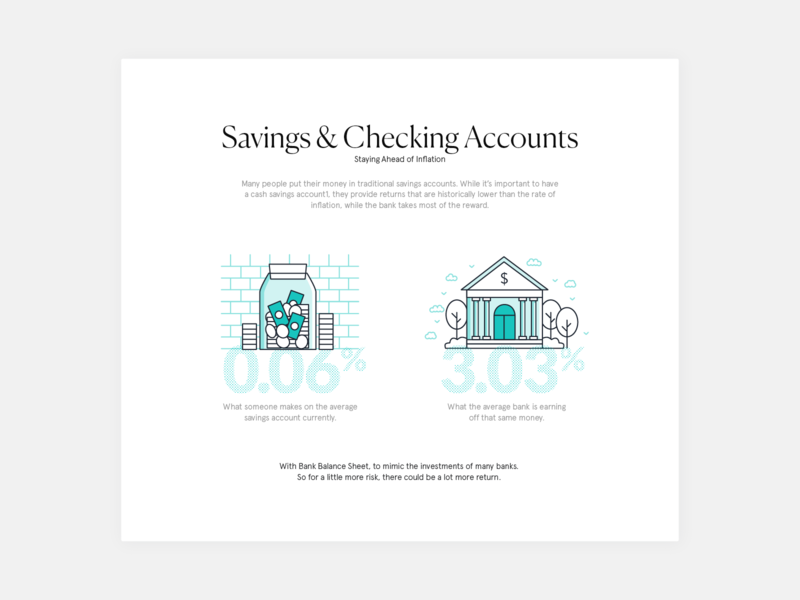The Repercussions Of Failing To Fulfill An Efficiency Bond
The Repercussions Of Failing To Fulfill An Efficiency Bond
Blog Article
Web Content Writer-
When a guaranty concerns an efficiency bond, it guarantees that the principal (the celebration who buys the bond) will meet their obligations under the bond's terms. If the primary falls short to meet these obligations and defaults on the bond, the guaranty is responsible for covering any losses or problems that result.
1. Loss of online reputation: Defaulting on an efficiency bond can harm the principal's track record and reputation, making it more difficult to safeguard future organization or financing.
2. Legal and administrative expenses: The guaranty might require to pay lawful and management expenses connected with seeking the principal for problems or trying to rectify the situation.
3. Monetary losses: The guaranty might require to cover the price of completing the task or supplying the solutions that the principal stopped working to provide. https://holdengzsle.blogofchange.com/34431465/surety-bonding-companies-vs-insurance-policy-companies-what-s-the-distinction can result in substantial financial losses for the surety.
4. Enhanced costs: If the principal has a history of defaulting on efficiency bonds, they might be required to pay higher costs in the future to obtain the necessary bonding.
Overall, back-pedaling a performance bond can have major monetary consequences for both the principal and the surety. It is essential for principals to thoroughly consider their responsibilities and guarantee they have the ability to meet the terms of the bond to prevent these unfavorable results.
Defaulting on a performance bond can be an expensive mistake for services. When you stop working to satisfy the bond's responsibilities, the monetary repercussions can be significant. From paying the complete bond total up to possible lawful battles and harmed relationships, the consequences can resound throughout your organization operations. Comprehending the complex web of financial effects that back-pedaling a performance bond can have is critical for securing your business's economic health and track record.
Financial Penalties for Defaulting
If you default on a performance bond, you'll likely face considerable punitive damages. These penalties can differ depending upon the terms of the bond contract yet often include paying the bond quantity in full to the obligee. This means that if you fail to satisfy your legal obligations, you must pay the bond amount to the task owner or the entity that required the bond.
Additionally, you might likewise be accountable for any kind of additional costs incurred by the obligee due to your default, such as locating a replacement specialist or covering task hold-ups.
Defaulting on an efficiency bond can also result in lawful costs and court prices if the obligee determines to take legal action versus you to recover the bond amount. These expenses can promptly accumulate, more aggravating the monetary impact of your default. It's vital to carefully review and comprehend the terms of the efficiency bond to stay clear of these extreme punitive damages.
Influence On Company Cash Flow
Defaulting on a performance bond can considerably influence your organization cash flow, influencing financial stability and functional capacities. When you default on an efficiency bond, you run the risk of shedding the bond quantity, which can be a considerable amount. This loss straight impacts your cash flow, as you'll need to discover different resources of funding to cover the bond quantity. Moreover, skipping can result in enhanced examination from sureties, making it more challenging and a lot more expensive to safeguard bonds in the future. This can further strain your capital as you may require to assign additional resources to meet bonding needs.
The impact on your cash flow doesn't quit there. Back-pedaling a performance bond can additionally lead to job delays or cancellations, bring about a loss of revenue. Additionally, the unfavorable credibility that comes with failing can discourage prospective customers, additionally lowering your capital. Generally, defaulting on an efficiency bond can have detrimental impacts on your business's economic health and wellness and ability to operate efficiently.
Lawful Ramifications and Suits
Dealing with legal ramifications and prospective lawsuits due to back-pedaling a performance bond can substantially impact your company's reputation and monetary standing. When you default on a performance bond, the surety business may take legal action to recoup the bond amount paid out. This could cause expensive legal charges, court expenditures, and possible negotiations or judgments versus your service.
Moreover, back-pedaling an efficiency bond might bring about damaged partnerships with customers, subcontractors, and providers, impacting your ability to safeguard future agreements. you can try here arising from bond defaults can stain your service's credibility in the sector, making it testing to draw in new partners or consumers.
Additionally, if the default brings about a court judgment against your company, it can result in asset seizure or liens, better straining your financial security. As a result, it's critical to recognize the legal implications of back-pedaling a performance bond and take positive steps to mitigate the risks entailed.
Conclusion
As you face the repercussions of back-pedaling a performance bond, remember this: it's like walking a tightrope without a safety net. One incorrect relocation can send you plummeting right into a financial freefall, without any means to stop the loss.
The punitive damages, cash flow influence, and lawful implications are all waiting to catch you if you blunder. So tread very carefully, and always honor your dedications to avoid the extreme effects of default.
